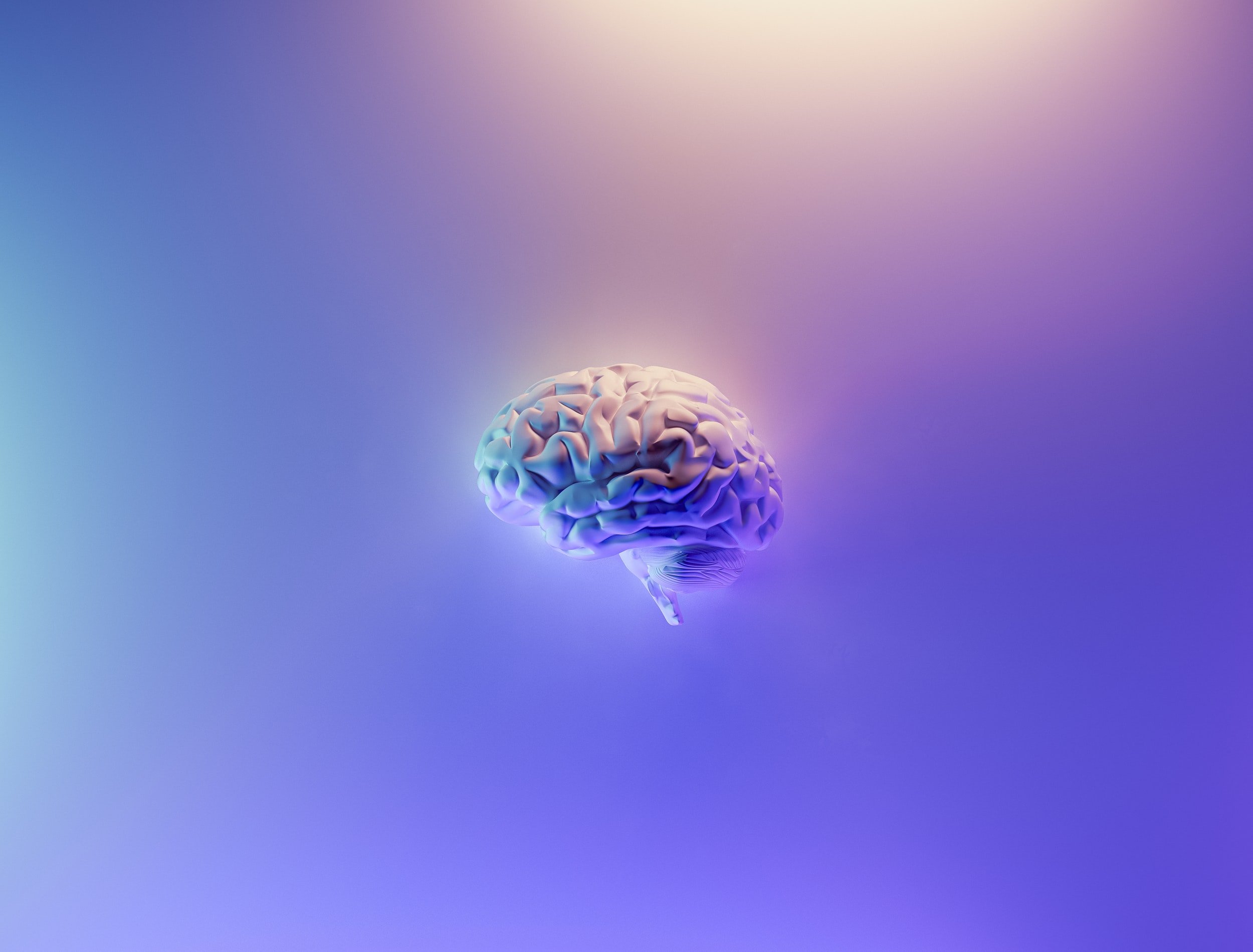
What is Chiropractic Neurology/Functional Neurology?
Your brain has the ability to adapt, learn, and strengthen itself.
When the brain learns, it is able to form new connections to best deal with any situation. These new connections, which often lead to stronger brain function, is known as "neuroplasticity". Chiropractic Neurologists (often referred to as Functional Neurologists) use the concepts of neuroplasticity to help your brain function better. They help determine which areas of your nervous system are dysfunctional, and build non-invasive rehabilitation plans to build neuroplasticity, and reduce your symptoms.
Chiropractic/Functional Neurologists are board certified in neurological rehabilitation and diagnosis. The goal of care is to identify your condition as specifically as possible, while designing targeted therapies and exercises for you to practice. Since many neurological conditions don't show findings on traditional brain imaging (such as an MRI or CT Scan), the Chiropractic/Functional Neurologist must rely on an in-depth history and physical examination to learn more about your brain.
A typical examination will begin by obtaining a thorough history of your condition. The doctor will then assess many of your brain's functions. They may observe things like your balance, coordination, eye movements, vital signs, posture, and range of motion. They may palpate your muscles and joints, test your reflexes, your muscle strength, and your sensation. They may even test your cognitive function.
The doctor aims to use this information to determine which areas of your brain are "weak", and build a treatment program to help build neuroplasticity and reduce your symptoms. Common therapies include eye-motion therapies, coordination exercises, vestibular therapies, repetitive peripheral somatosensory stimulation (RPSS), transcutaneous vagus nerve stimulation, cold laser therapy, balance training, or cognitive exercises. Physical exercise routines, musculoskeletal care (chiropractic, physical therapy, acupuncture, massage therapy, etc.), and nutritional/hormonal treatment may also be recommended. The goal is to build a well-rounded care plan to give you the best chances at improvement, without drugs or surgery.

